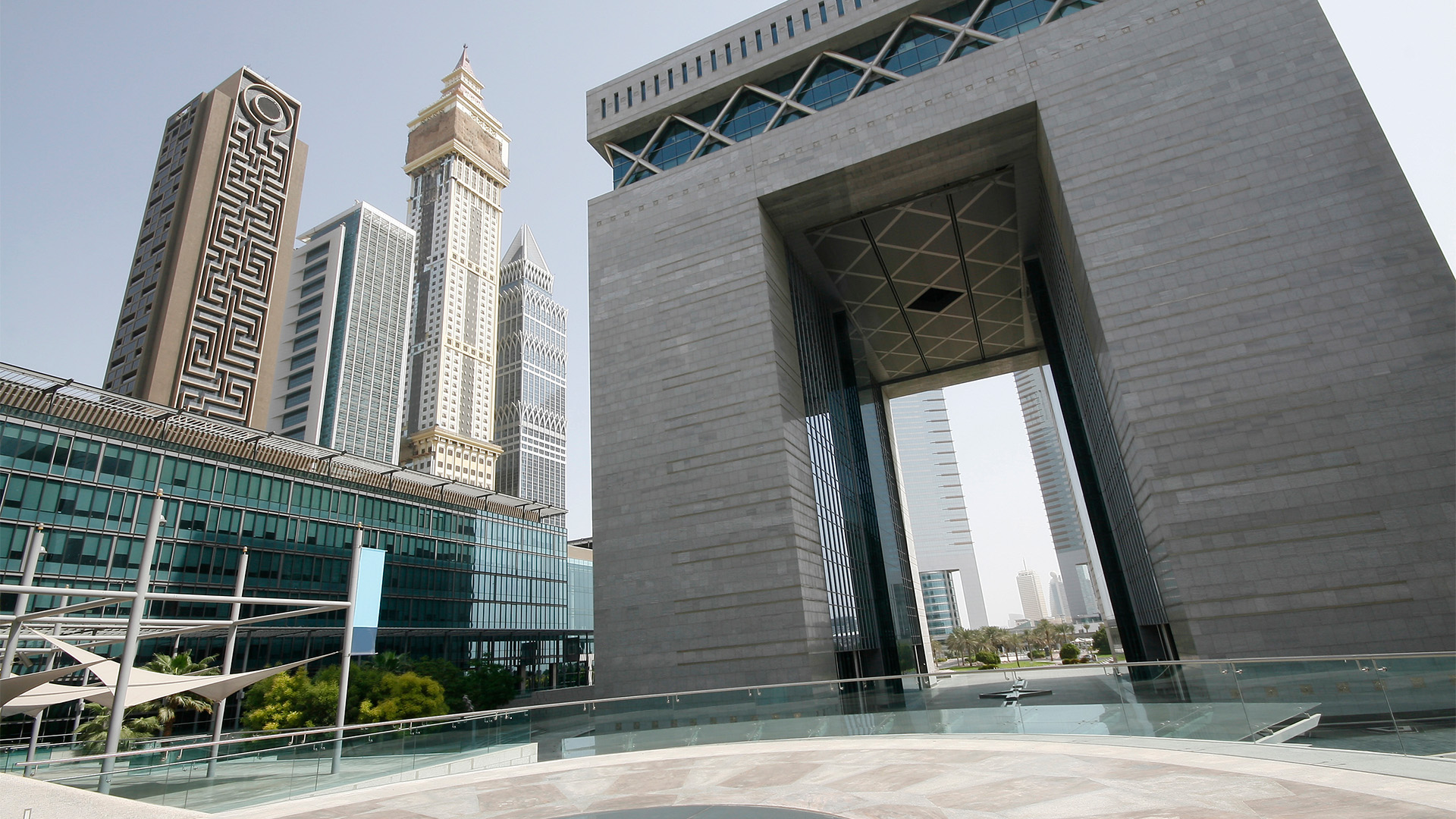

ARB 006/2024 Nevil v Nigel – DIFC Courts Grant Interim Relief in Support of Arbitration
The Courts of the Dubai International Financial Centre (the DIFC) have once again demonstrated their pro-arbitration stance, and confirmed that they will provide support to arbitration proceedings even where there is a question as to whether the seat of the applicable arbitration is the DIFC.
Interim relief required
HFW is currently acting for a European trading company (the Claimant) against a Dubai Multi Commodities Centre (DMCC) entity (the Respondent) in a matter relating to the sale of oil cargo, for which prepayments were made but no oil was delivered. There was an arbitration agreement in the relevant sale contract, but the Claimant needed to move quickly to avoid the potential dissipation of assets, and wished to take steps to preserve their position in respect of the funds they had paid.
Therefore, after identifying assets in Dubai, the Claimant turned to the DIFC Courts to provide assistance. These are common law courts based “offshore” in the Emirate of Dubai, which are able to grant interim relief such as freezing injunctions and orders for disclosure.
Under section 15 of the DIFC Arbitration Law, parties may request the DIFC Courts to grant an “interim measure of protection” before or during arbitration proceedings. However, this will only generally apply where the DIFC is the seat of the arbitration.
Uncertainty over arbitration agreement
There was a question as to whether the seat of the arbitration was the DIFC in this case. The transaction was subject to a sale agreement which included the provision which subjected any disputes to “Dubai arbitration”. This was unclear because the seat of the arbitration and specific arbitral rules were not expressly identified. Accordingly, the arbitration agreement was open to interpretation – was the agreement referring to ad hoc arbitration seated in (onshore) Dubai, arbitration under the Dubai International Arbitration Centre (DIAC) Rules seated in the DIFC or seated in onshore Dubai?
The DIFC Courts had consistently found that references to “Dubai” in jurisdiction clauses could include the DIFC, but generally not in the context of interpreting what the seat of arbitration should be. In Dhir v Waterfront Properties [2009] DIFC CFI 011, the “Emirate of Dubai” in the context of arbitration seats was deemed to be non-DIFC Dubai.
While the DIFC Courts’ appetite to take jurisdiction over matters where both parties had no connection to the DIFC Courts were limited (at that time, in April 2024), the availability of the interim relief from the DIFC Courts meant that it was a strategy worth pursuing. We were aware of bank accounts located in onshore Dubai, and aware that the most efficient means of freezing those bank accounts was to apply for an injunction in the DIFC Courts and subsequently enforce the injunction in onshore Dubai.
Freezing injunction granted
We proceeded to apply for a worldwide freezing injunction and disclosure order and argued that “Dubai arbitration” should be interpreted as DIAC arbitration. DIAC was deemed necessary because the default seat of arbitration under the DIAC Rules is the DIFC, pursuant to Dubai Decree No. 34 of 2021.
At the ex parte hearing, HFW was successful in obtaining a freezing order from the DIFC Courts against the Respondent for the full amount of the prepayments (USD 230 million). Enforcement followed in the onshore Dubai Courts and the Respondent’s assets in the UAE have been frozen. In addition, HFW was able to secure orders requiring the Respondent to disclose various information in order to assist the Claimant’s efforts in recovering the prepayments. This was a unique and pivotal aspect of the application given the vast sums outstanding to the Claimant.
At the return hearing, the Respondent challenged jurisdiction arguing that this was clearly an ad hoc arbitration with a Dubai onshore seat, relying on the Dhir v Waterfront Properties case. Justice Shamlan Al Sawalehi found that “Dubai arbitration” meant ad hoc arbitration and not DIAC arbitration. However, he found that “Emirate of Dubai” did not always mean non-DIFC Dubai in every case. He found it was important to consider the surrounding circumstances and the context of the dispute, and here, the Court considered that the parties had agreed English law, the international nature of the parties and the transaction and affidavit evidence of our client and determined that the appropriate forum was ad hoc arbitration with a DIFC seat, and interim relief was upheld.
The decision is subject to appeal to the DIFC Court of Appeal, and an ad hoc arbitration has now commenced.
Supportive jurisdiction of the DIFC Courts?
Subsequent to this application, there was a significant development in DIFC jurisprudence. In Carmon Reestrutura v Antonio Joao [2024] DIFC CA 003, the DIFC Court of Appeal changed the DIFC Courts’ approach to worldwide freezing orders. Overturning the much criticised decision in Sandra Holding v Al Saleh [2023] DIFC CA 003, the Court held that the DIFC Courts can grant such orders in support of foreign proceedings, even when the dispute has no direct connection to the DIFC. This raises a broader question: would the DIFC Courts be willing to provide interim relief in support of foreign proceedings, even where there are no assets or parties in Dubai or in the DIFC.
As such, we consider that the DIFC Courts now have significant powers to issue interim injunctions in support of arbitration proceedings, whether seated in the DIFC or not. Accordingly the DIFC Courts may well exercise a supportive role for all arbitrations, as well as supervisory role when the DIFC is the seat. This is of significant importance to parties in arbitration proceedings seeking to protect their position in respect of assets located in Dubai (onshore or not).
The case referenced is Nevil v Nigel [2024] ARB 006. Nicholas Braganza, Luke Garrett and Tanisha Saxena of HFW’s Dubai office represented the Claimant in these proceedings.








